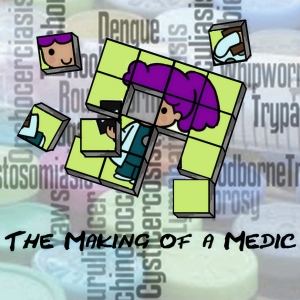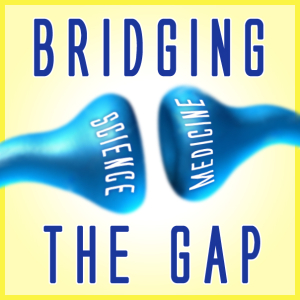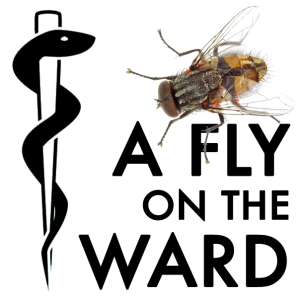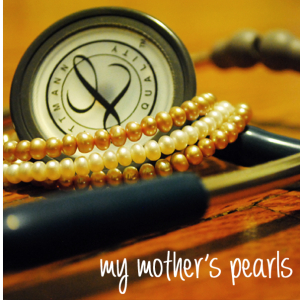Sweet Potato and Black Bean Taquitos
We’ve always been on a healthy eating craze and want to send the message that eating healthy does not mean eating boring and expensive foods. We’re all about eating tasty foods that are easy to make, especially when time is so tight. A classmate of ours recently talked about buying frozen taquitos for a get-together because they were easy finger foods that most people enjoy. Taquitos are a great party food item but we wanted …











